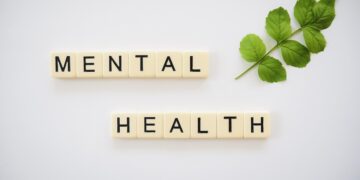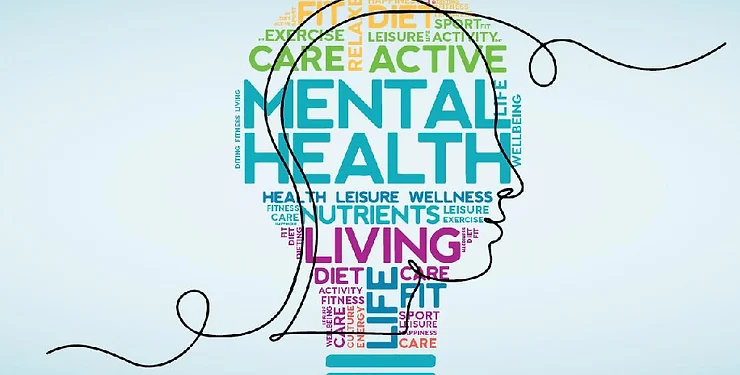Breaking the Stigma: Unraveling the Complexities of Mental Health
The Importance of Mental Health Awareness
In recent years, there has been a growing awareness of the importance of mental health. With increasing research and understanding of the complexities of mental health, it has become clear that mental health is just as important as physical health. However, despite this increased awareness, there still remains a significant stigma surrounding mental health issues.
Understanding Mental Health
Mental health refers to our emotional, psychological, and social well-being. It affects how we think, feel, and act. Mental health plays a crucial role in every aspect of our lives, from how we handle stress to how we form relationships with others. When our mental health is compromised, it can have a significant impact on our overall well-being.
Common Mental Health Disorders
There are a variety of mental health disorders that can affect individuals of all ages. Some of the most common mental health disorders include anxiety disorders, depression, bipolar disorder, and schizophrenia. These disorders can have a profound impact on a person’s daily life, making it difficult for them to function normally.
Breaking the Stigma
One of the biggest barriers to seeking help for mental health issues is the stigma that surrounds these disorders. Stigma is a negative stereotype or belief that people have about a particular group of individuals. When it comes to mental health, stigma can prevent people from seeking help, leading to negative consequences for their mental health.
Challenging Stigma
To break the stigma surrounding mental health, it is important to challenge misconceptions and educate others about the realities of mental health disorders. By sharing personal stories and experiences, individuals can help others understand that mental health issues are not a sign of weakness or a character flaw.
Common Questions About Mental Health
What Causes Mental Health Disorders?
Mental health disorders can be caused by a variety of factors, including genetics, brain chemistry, trauma, and life experiences. It is important to recognize that mental health disorders are not the result of personal weakness or a lack of willpower.
How Can I Help Someone with a Mental Health Disorder?
If you know someone who is struggling with a mental health disorder, it is important to offer your support and understanding. Encourage them to seek professional help, and listen to their concerns without judgment. Remember that mental health disorders are treatable, and with the right support, individuals can lead fulfilling lives.
Where Can I Find Help for Mental Health Issues?
There are a variety of resources available for individuals seeking help for mental health issues. These include therapy, support groups, hotlines, and online resources. It is important to reach out for help if you are struggling with your mental health, as early intervention can lead to better outcomes.
Conclusion
In conclusion, breaking the stigma surrounding mental health is crucial for improving the well-being of individuals struggling with mental health disorders. By challenging misconceptions and offering support to those in need, we can create a more understanding and compassionate society. Remember, mental health is just as important as physical health, and seeking help is a sign of strength, not weakness. Let’s work together to unravel the complexities of mental health and create a more inclusive and supportive community for all.






































































